2006年末に設立された東京のレコード・レーベル。
the nation’s premier label for hushed music – Pitchfork
Flau releases are sonically quite diverse, from acoustic folk to dream pop and complex drum experiments. And though eclectic, never before has a label’s oeuvre come together to so closely sound the way a cherry blossom looks – The FADER
one of the biggest names in the world of really small sounds…the perfect soundtrack to a Sunday evening – Timeout Tokyo
consistently impressive – XLR8R
Flau has associated itself with a signature sound…association with Flau suggests a superior level of pop craftsmanship…What’s remarkable about Fukuzono’s project, which launched at the end of 2006, is that he’s achieved quality control without uniformity – exclaim!
Flau has shown that sometimes silence beats flashiness – METROPOLIS Magazine
flau seem to have a magic touch; everything they put out..has a celestial, positively glowing aura about it that has us longing for more..sonically the label is incredibly diverse, but what its releases share in common are a playful curiosity, an unmatchable quality and a genre-bending commitment to evoking time and space within their sounds – DUMMY
Flau label casts its net across a worldwide community of artists with a particular affection for fragile arrangements and microscopic songwriting…A reliable resource for all the finest, quirkiest exploratory electronic pop music – Boomkat
it combines genuine emotion with a sense of playfulness – Fluid Radio
everyone’s favourite Japanese label and, of course, we make no exception – Going Solo
constantly surprising, consistently stunning – Dummy
un monde de l’infiniment fragile et doux – Ondefixe
one of our favourite labels – Textura
Flau are one of those unassuming labels, which since 2007 have been quietly making their way in the world releasing a diverse range of high quality albums…their roster of international artists blend field recordings, acoustic instruments, microsounds, and voice, in a sound that has become truly synonymous with the label – Furthernoise
worth finding – Foxy Digitalis
grow, pushing boundaries and releasing gems – Drifting, Almost Falling
An inner experience and pure fascination to little things concept and microscopic sounds. FLAU is the latest Label Of The Moment – Otsechka
the Tokyo label’s dreamy and cinematic aesthetic seems tailor-made for two favourite hobbies: idleness and letting the imagination run wild – Solar Flares
This label collects very particular artists from all over the world all under one roof that eclectically holds them together. Each artist is so unique, that you would like to read a whole book about them – PonyDanceClyde
2008-09 London, Cafe OTO
2009-09 Melbourne, Toff In Town
2010-08 Berlin, Altes Finanzamt
2012-05 Malaysia, Black Box Map
2012-05 Macau, LMA
2012-05 China Tour Beijing-Shanghai-Hangzhou
2012-06 Tokyo, Fujimigaoka Church & VACANT
2012-06 Kyoto, Metro
2013-04 London, Cafe OTO
2013-04 Berlin, Antje Øklesund
2013-12 Tokyo, VACANT
2016-03 Tokyo, VACANT
7/13(土)東京・Rittor Base w/八木皓平
8/3(土)岐阜・Slow Room w/ CazU-23
8/18(日)東京・Half Moon Hall w/ Wataru Sato, Haruhisa Tanaka, Chihei Hatakeyama
8/28(水)名古屋・K.D Japon w/ marucoporoporo, CazU-23


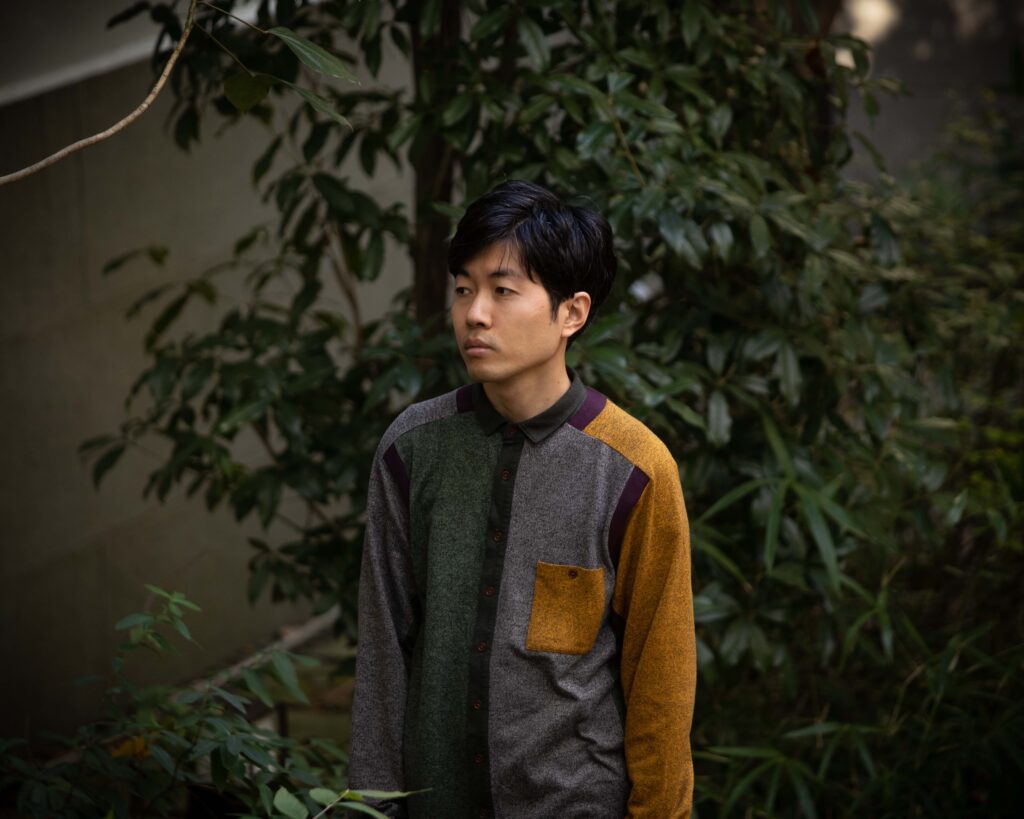
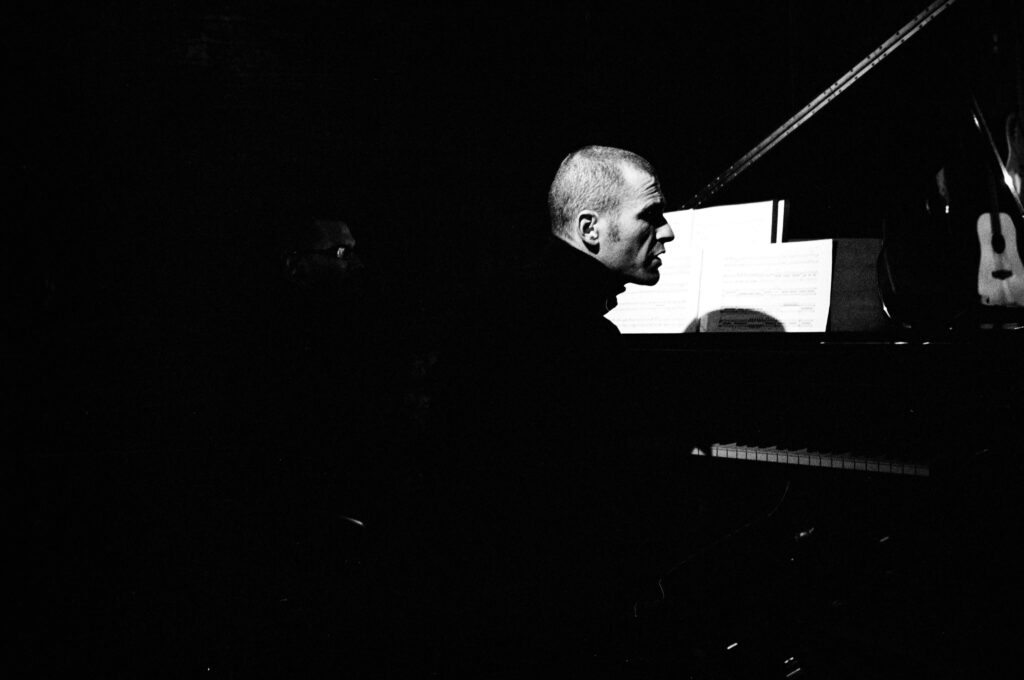


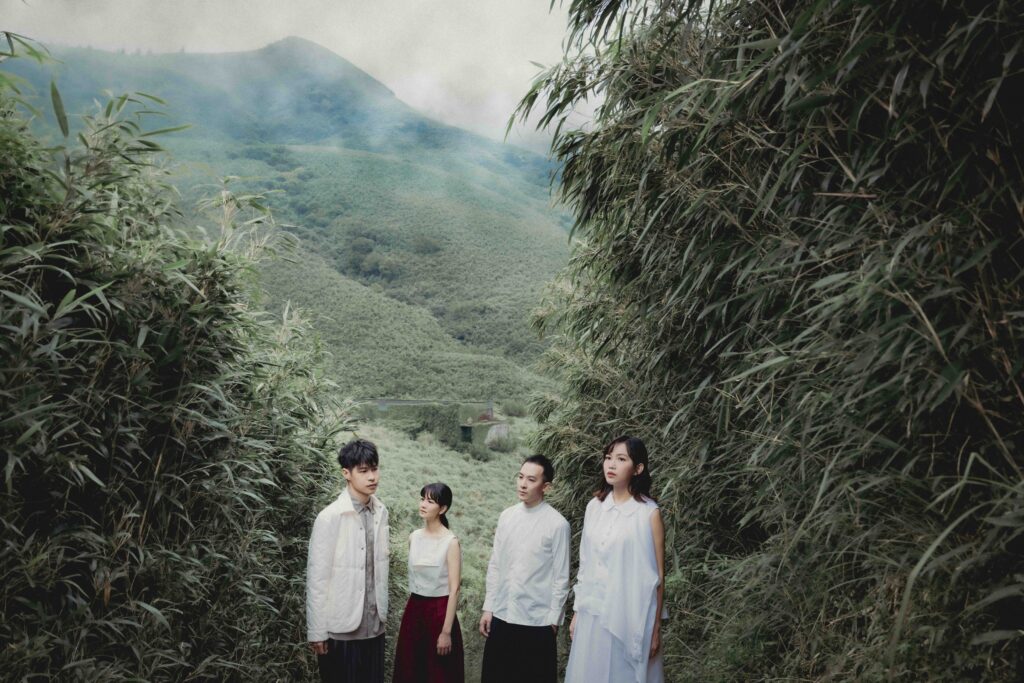


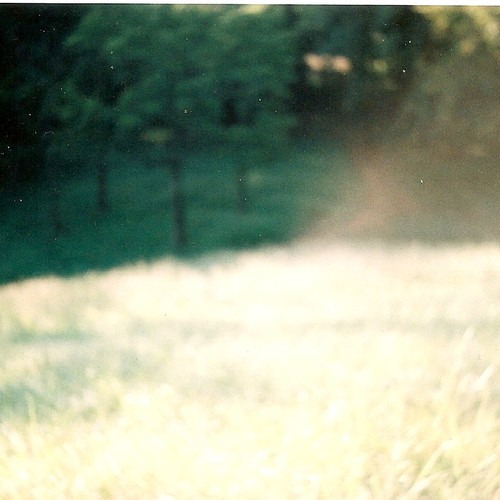

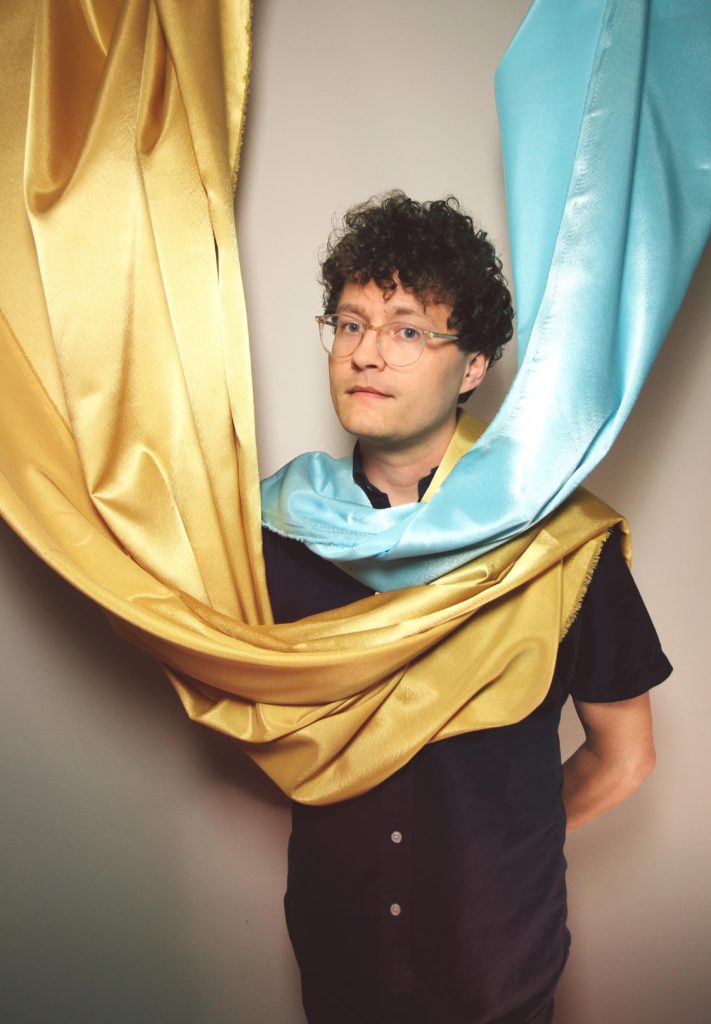
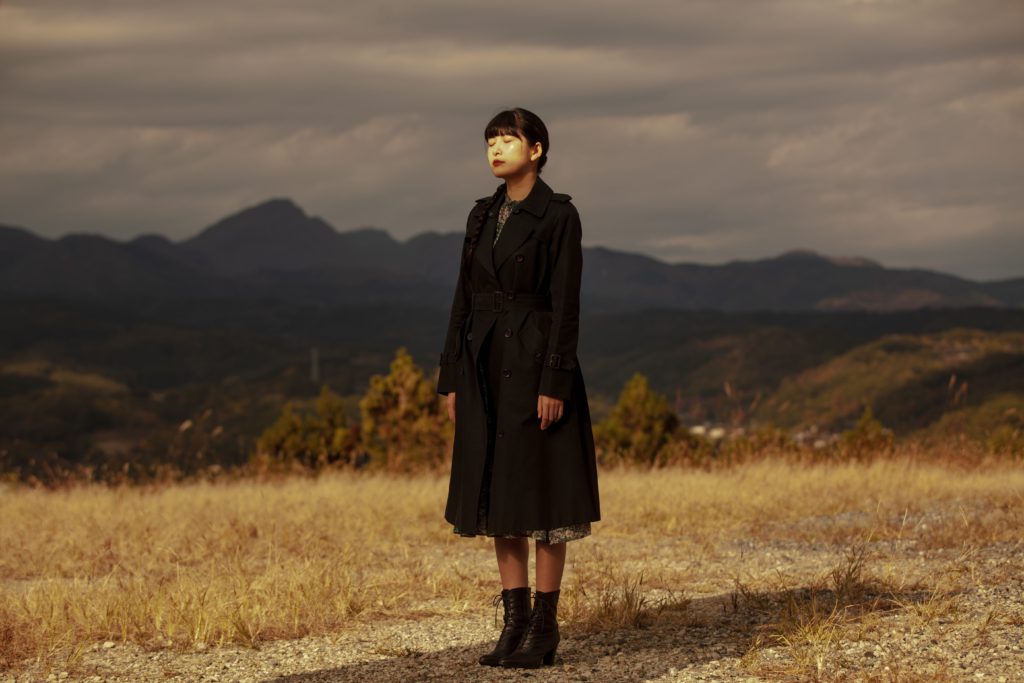







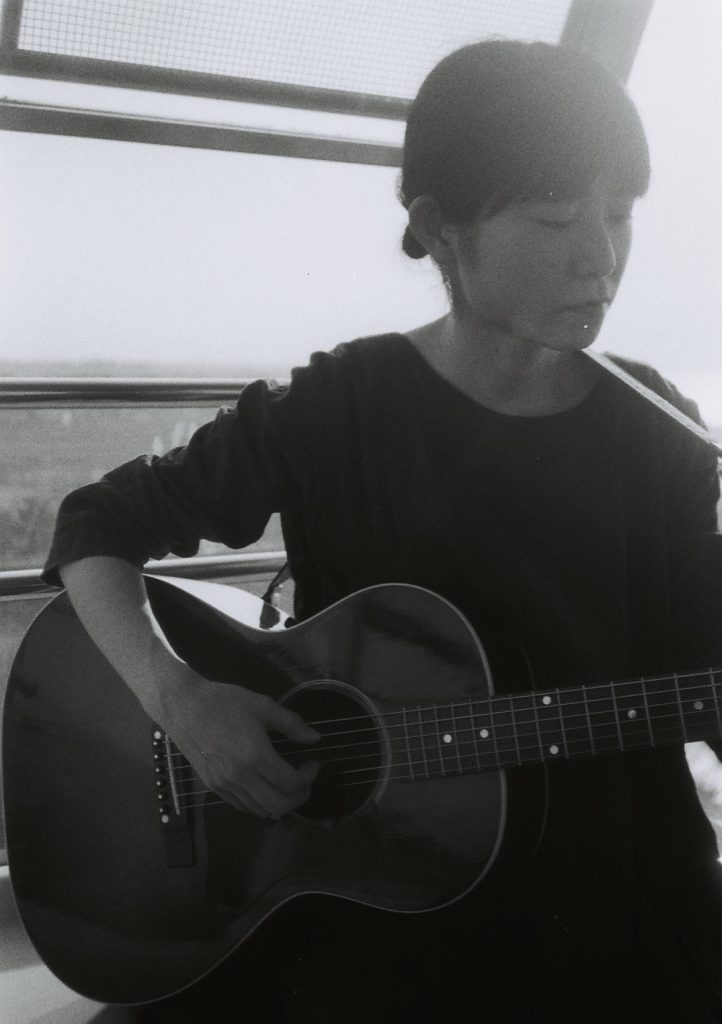
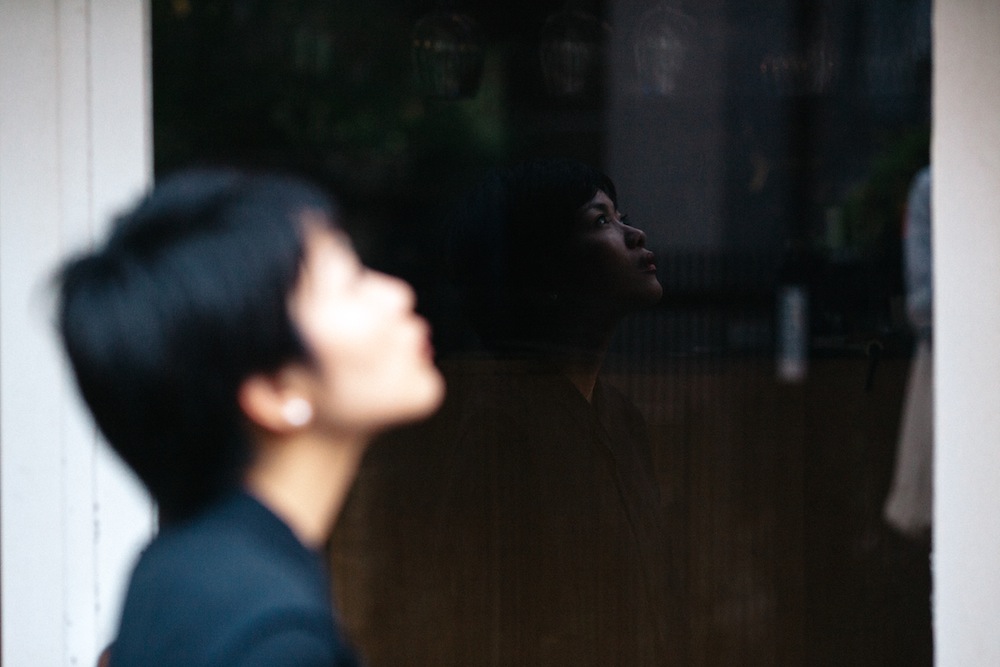

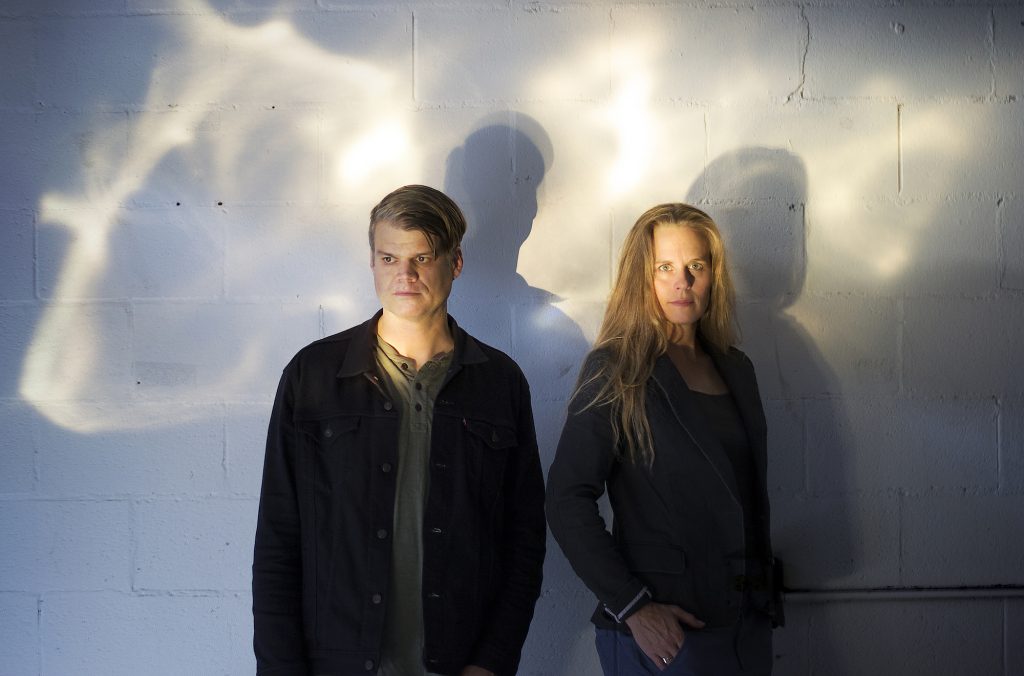


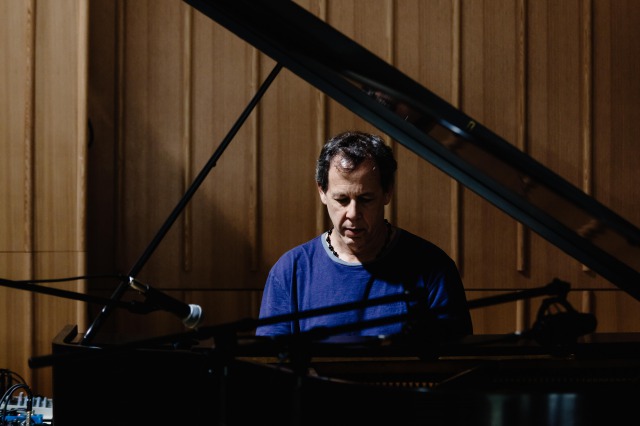

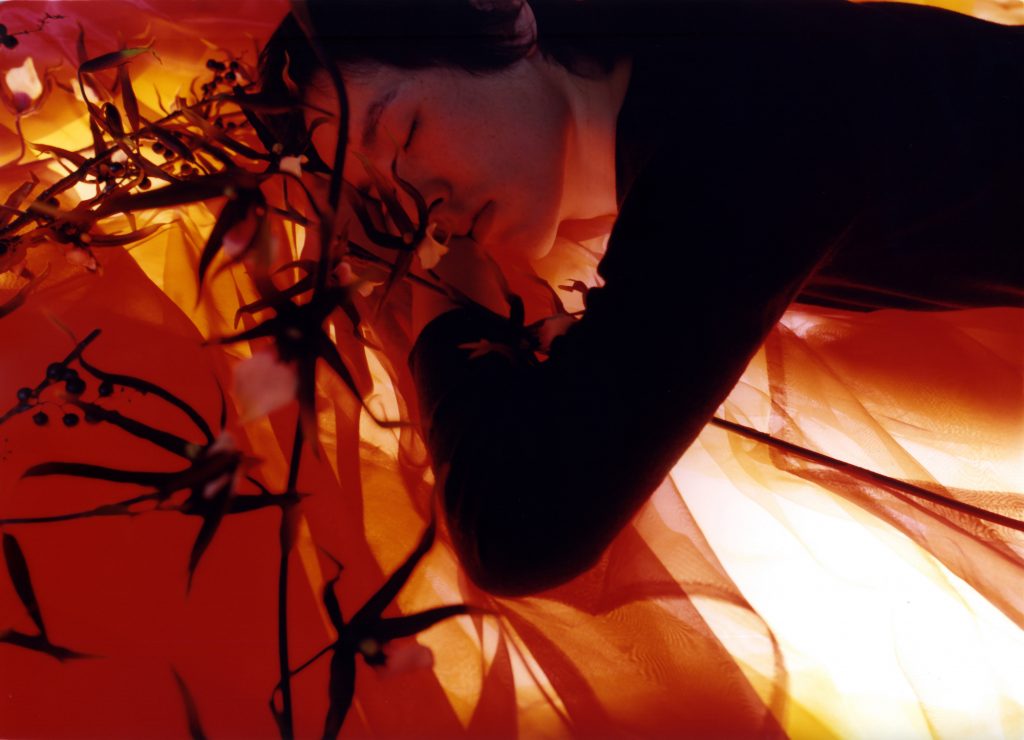













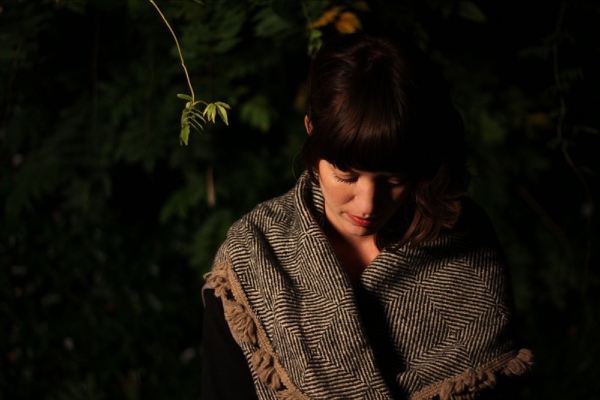

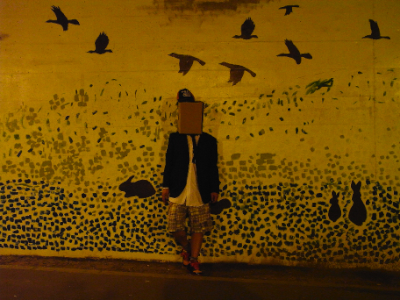
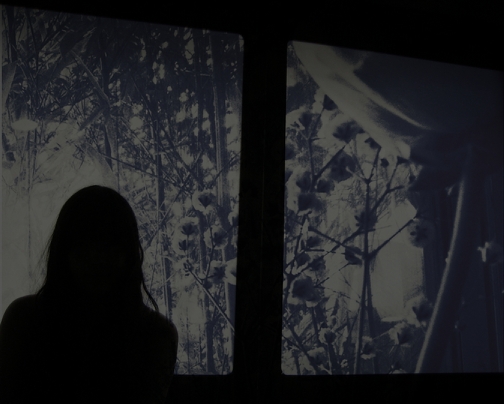


SEE FULL LIST
©FLAU
CAT No. FLAU73
Release Date: Japan - June 26th / Overseas - July 6th 2019
Format: 10"
2009年、加藤りまはクリスティーナ・ロセッティが1893年に書いた詩を偶然書店で見つけた。本の装丁や挿絵の美しさ、何よりそこに書かれていた詩に深い叙情性を感じたという彼女は、当時作っていた音楽に合わせて詩人の言葉を歌おうとした。
それは完璧な組み合わせだった。
ニューアルバムの製作はこうして始まります。ロセッティの詩集にちなんで『Sing-Song』と名付けられたこの作品は、2015年にリリースされたアルバム『Faintly Lit』に続く、加藤りまの2ndソロ・アルバムです。二つのアルバムは同時期から制作が始まりましたが、『Sing Song』は続編というより『Faintly Lit』の対になるような作品といえるでしょう。
2015年のアルバムが、かすかな灯(Faintly Lit)以上に荘厳で心地よい雰囲気に包まれているとしたら、「Sing Song」は、より暖かく照らされた灯です。「Our little baby fell asleep」などの曲では、ロセッティのビクトリア時代後期の童謡が、子ども部屋のカシオトーンのかわいらしさと、フォーク・ギターの柔らかさに包まれた現代の楽曲へと生まれ変わります。既存の詩を再編することで、詩と歌の枠組みは注意深く構築され、色彩豊かなレイヤーをまとった音楽が、ガラス細工のような繊細さと優しさをもって歌い上げられます。
クリスティーナ・ロセッティは、今日多くの人々からフェミニストの原型とみなされています。ヴィクトリア朝の英国の深い保守主義と制限された社会構造の中で、教育を受け、自分のために働き、結婚することはありませんでした。同じように社会における自らの立場を強く意識するようになった加藤りまにとって、こうして空間と時間の架け橋となった『Sing Song』は、完璧な隠れ家となりました。彼女はロセッティの作品の中で同じ魂に偶然出会い、その眼差しの実直さと音楽的な挑戦によって、126年前の詩の新しい具現化を成し遂げます。
おもちゃの楽器の繊細さとフォークギターの弾む弾む音に満ち、世界から遠ざかることから始まったこの橋は、いつしか時間と空間を通じ、リスナーとロゼッティ自身の言葉をつなぐ、爽やかで勇敢な架け橋となったのです。
アルバムはクリスティーナ・ロセッティの初版にインスピレーションを受けた三宅瑠人による書き下ろしによる10インチ・レコードでリリース、印刷技法を組み合わせた特殊仕様のジャケットになります。
A bookstore: 2009, maybe 2010. Rima Kato stumbles across a poetry book by Christina Rossetti, the 1893 Sing-Song. Complete with its beautiful book bindings and illustrations, Kato felt the poems in this book were lyrical. Naturally she tried singing some of the poet’s words to music: it was a perfect match.
These are the beginnings of her upcoming album. Titled Sing-Song after Rossetti’s book of poems, it’s the follow-up to her 2015 album Faintly Lit. Though it was created at the same time, Sing-Song could almost be seen as a companion piece rather than a sequel.
But if the 2015 album was more than just “faintly lit” by name, with its simple guitar backdrops and atmosphere of solemn cosiness, then Sing-Song is more warmly lit. Songs with titles like ‘Our little baby fell asleep’ set Rossetti’s late-Victorian nursery rhymes to compositions of playroom Casiotone cuteness and folk-flavoured guitars.
True, Faintly Lit encompasses this general realm of sounds, but it’s the denser, more intricate layering of Sing-Song that sets it apart from its predecessor. Being reworkings of pre-existing poems, it feels that Kato is careful to frame them more than the organically grown tracks on Faintly Lit.
And so the album becomes an exhibition of sound to structure the gemlike verses of Rossetti’s originals, from the fuzzy bounce of the Omnichord in ‘Hope is like a harebell trembling from its birth’ and the shimmering accompaniments of ‘An emerald is as green as grass’ to the layered, choral-style vocals in ‘If the sun could tell us half’ and ‘Love me, – I love you’.
Distancing herself from Japanese language on both albums has been a way for Kato to escape from a sense of crisis she feels both in Japan’s politics and society since 2011. Adding to the confusion is Kato’s foray into feminism from 2014, leading her to question lyrics she’d written herself, in English, for Faintly Lit.
So Sing-Song became the perfect retreat for Kato, a bridge across space and time. Christina Rossetti herself is regarded by many as a proto-feminist: she was educated, worked for herself, and never married — all this in the deep conservatism and limiting societal structures of Victorian Britain.
It seems that Kato has stumbled upon a kindred soul in Rossetti’s works, resulting in a fresh embodiment of this 126-year-old poetry from somebody who is herself becoming acutely conscious of their place in society.
02 Hope is like a harebell trembling from its birth
03 If the sun could tell us half
04 A ring upon her finger05 An emerald is as green as grass
06 Dead in the cold, a song-singing thrush
07 Growing in the vale
08 Crying, my little one, footsore and weary?
09 Love me, - I love you
10 Our little baby fell asleep
a sort of DIY wedding march – Tiny Mix Tapes
pleasant, charming portrait – Make Believe Melodies
intimate relief – Bandcamp (new & notable)
calming and gentle lullabies…so beautiful – Groove
Rima Kato offers in “Sing-Song” a lucid and respectful reinterpretation of verses rediscovered and re-proposed in all their vivid essence, still according to a minimal folk register, the whose shadowy intimacy is enriched with new colors and a gentle, all-feminine poetic force – Rockellila | Music Won’ts Save You
a beautifully composed project which celebrates the work of an influential poet in the most delicate way you can imagine – In Search Of Media
dreamed delight – Renaissance People’s Media
whimsical, dreamy music – The Autumn Roses
CAT No. FLAU73
Release Date: Japan - June 26th / Overseas - July 6th 2019
Format: 10"
02 Hope is like a harebell trembling from its birth
03 If the sun could tell us half
04 A ring upon her finger05 An emerald is as green as grass
06 Dead in the cold, a song-singing thrush
07 Growing in the vale
08 Crying, my little one, footsore and weary?
09 Love me, - I love you
10 Our little baby fell asleep
2009年、加藤りまはクリスティーナ・ロセッティが1893年に書いた詩を偶然書店で見つけた。本の装丁や挿絵の美しさ、何よりそこに書かれていた詩に深い叙情性を感じたという彼女は、当時作っていた音楽に合わせて詩人の言葉を歌おうとした。
それは完璧な組み合わせだった。
ニューアルバムの製作はこうして始まります。ロセッティの詩集にちなんで『Sing-Song』と名付けられたこの作品は、2015年にリリースされたアルバム『Faintly Lit』に続く、加藤りまの2ndソロ・アルバムです。二つのアルバムは同時期から制作が始まりましたが、『Sing Song』は続編というより『Faintly Lit』の対になるような作品といえるでしょう。
2015年のアルバムが、かすかな灯(Faintly Lit)以上に荘厳で心地よい雰囲気に包まれているとしたら、「Sing Song」は、より暖かく照らされた灯です。「Our little baby fell asleep」などの曲では、ロセッティのビクトリア時代後期の童謡が、子ども部屋のカシオトーンのかわいらしさと、フォーク・ギターの柔らかさに包まれた現代の楽曲へと生まれ変わります。既存の詩を再編することで、詩と歌の枠組みは注意深く構築され、色彩豊かなレイヤーをまとった音楽が、ガラス細工のような繊細さと優しさをもって歌い上げられます。
クリスティーナ・ロセッティは、今日多くの人々からフェミニストの原型とみなされています。ヴィクトリア朝の英国の深い保守主義と制限された社会構造の中で、教育を受け、自分のために働き、結婚することはありませんでした。同じように社会における自らの立場を強く意識するようになった加藤りまにとって、こうして空間と時間の架け橋となった『Sing Song』は、完璧な隠れ家となりました。彼女はロセッティの作品の中で同じ魂に偶然出会い、その眼差しの実直さと音楽的な挑戦によって、126年前の詩の新しい具現化を成し遂げます。
おもちゃの楽器の繊細さとフォークギターの弾む弾む音に満ち、世界から遠ざかることから始まったこの橋は、いつしか時間と空間を通じ、リスナーとロゼッティ自身の言葉をつなぐ、爽やかで勇敢な架け橋となったのです。
アルバムはクリスティーナ・ロセッティの初版にインスピレーションを受けた三宅瑠人による書き下ろしによる10インチ・レコードでリリース、印刷技法を組み合わせた特殊仕様のジャケットになります。
A bookstore: 2009, maybe 2010. Rima Kato stumbles across a poetry book by Christina Rossetti, the 1893 Sing-Song. Complete with its beautiful book bindings and illustrations, Kato felt the poems in this book were lyrical. Naturally she tried singing some of the poet’s words to music: it was a perfect match.
These are the beginnings of her upcoming album. Titled Sing-Song after Rossetti’s book of poems, it’s the follow-up to her 2015 album Faintly Lit. Though it was created at the same time, Sing-Song could almost be seen as a companion piece rather than a sequel.
But if the 2015 album was more than just “faintly lit” by name, with its simple guitar backdrops and atmosphere of solemn cosiness, then Sing-Song is more warmly lit. Songs with titles like ‘Our little baby fell asleep’ set Rossetti’s late-Victorian nursery rhymes to compositions of playroom Casiotone cuteness and folk-flavoured guitars.
True, Faintly Lit encompasses this general realm of sounds, but it’s the denser, more intricate layering of Sing-Song that sets it apart from its predecessor. Being reworkings of pre-existing poems, it feels that Kato is careful to frame them more than the organically grown tracks on Faintly Lit.
And so the album becomes an exhibition of sound to structure the gemlike verses of Rossetti’s originals, from the fuzzy bounce of the Omnichord in ‘Hope is like a harebell trembling from its birth’ and the shimmering accompaniments of ‘An emerald is as green as grass’ to the layered, choral-style vocals in ‘If the sun could tell us half’ and ‘Love me, – I love you’.
Distancing herself from Japanese language on both albums has been a way for Kato to escape from a sense of crisis she feels both in Japan’s politics and society since 2011. Adding to the confusion is Kato’s foray into feminism from 2014, leading her to question lyrics she’d written herself, in English, for Faintly Lit.
So Sing-Song became the perfect retreat for Kato, a bridge across space and time. Christina Rossetti herself is regarded by many as a proto-feminist: she was educated, worked for herself, and never married — all this in the deep conservatism and limiting societal structures of Victorian Britain.
It seems that Kato has stumbled upon a kindred soul in Rossetti’s works, resulting in a fresh embodiment of this 126-year-old poetry from somebody who is herself becoming acutely conscious of their place in society.